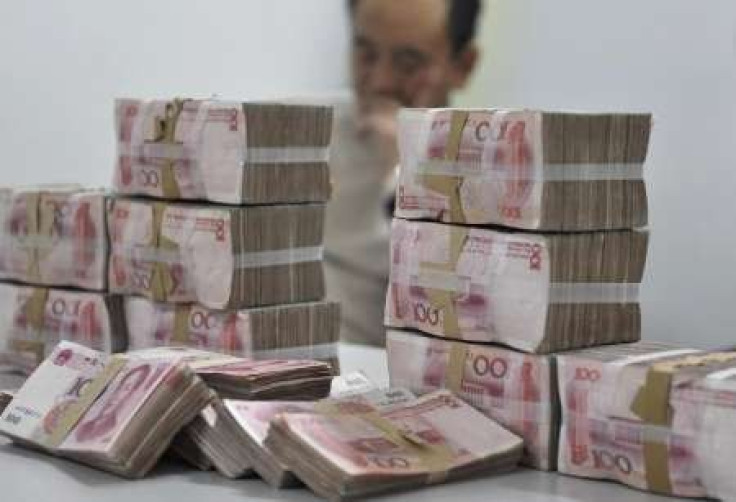Private, largely unregulated lending booms in China

A private lending sector, largely unfettered by government intervention, is booming in China.
These companies, called micro-credit lenders, grew to 2,614 in number, compared to 1,334 in 2009 and less than 500 in 2008. They collectively issued 120.2-billion yuan (about $20-billion) in new loans in 2010.
As a percentage of total lending, they’re still small at 0.41 percent in 2010 – however, that’s a big jump from just 0.19 percent in 2009.
If this largely unfettered and for-profit industry were allowed to grow further, its influence and implications for the Chinese economy would become quite significant.
It’s already meeting several crucial needs left unfilled by the large, government-dominated banks.
It’s extending loans to small businesses and individuals who may not have easy access to credit from large banks. The loan approval process is also much faster; banks may take up to three months to grant a loan while micro-credit companies can do it in one day, reported Reuters. So for businesses that need cash on a short notice, micro-credit companies are the preferred choice.
Micro-credit companies may also have better incentive structures than big banks. Chinese government-influenced banks are often accused of making lending decisions based on politics rather than financial considerations -- for the lending officers there, the probability of repayment isn’t always the biggest concern.
In contrast, micro-credit companies lend their own (or investor) capital, so the probability of repayment (or the value of the collateral) is the highest priority. Therefore, it’s likely to have fewer non-performing loans.
Moreover, their lending rates may be a truer representation of financial conditions in China compared to the lending rates at big banks.
Micro-credit companies sometimes charge interest rates that are as much as five times higher than the government’s benchmark lending rate, according to Reuters, suggesting that true interest rates in China are quite high.
In the case of loan defaults, micro-credit companies sometimes go to the courts to resolve disputes. Indirectly, their boom may spur reforms and progress in China’s cumbersome and somewhat weak legal system.
Lastly, if micro-credit companies come to represent a significant portion of total lending, the Chinese government would need a different way to regulate credit in the economy because changing interest rates for big banks won’t really affect micro-credit companies.
Email Hao Li at hao.li@ibtimes.com
Click here to follow the IBTIMES Global Markets page on Facebook
Click here to read recent articles by Hao Li
© Copyright IBTimes 2024. All rights reserved.











